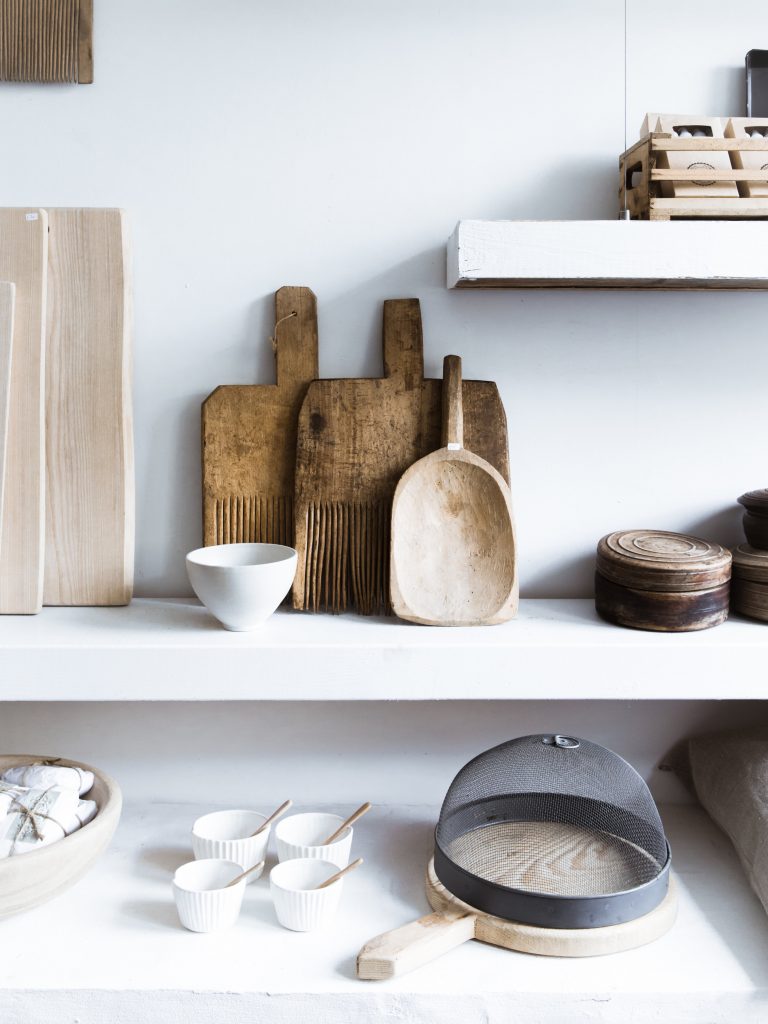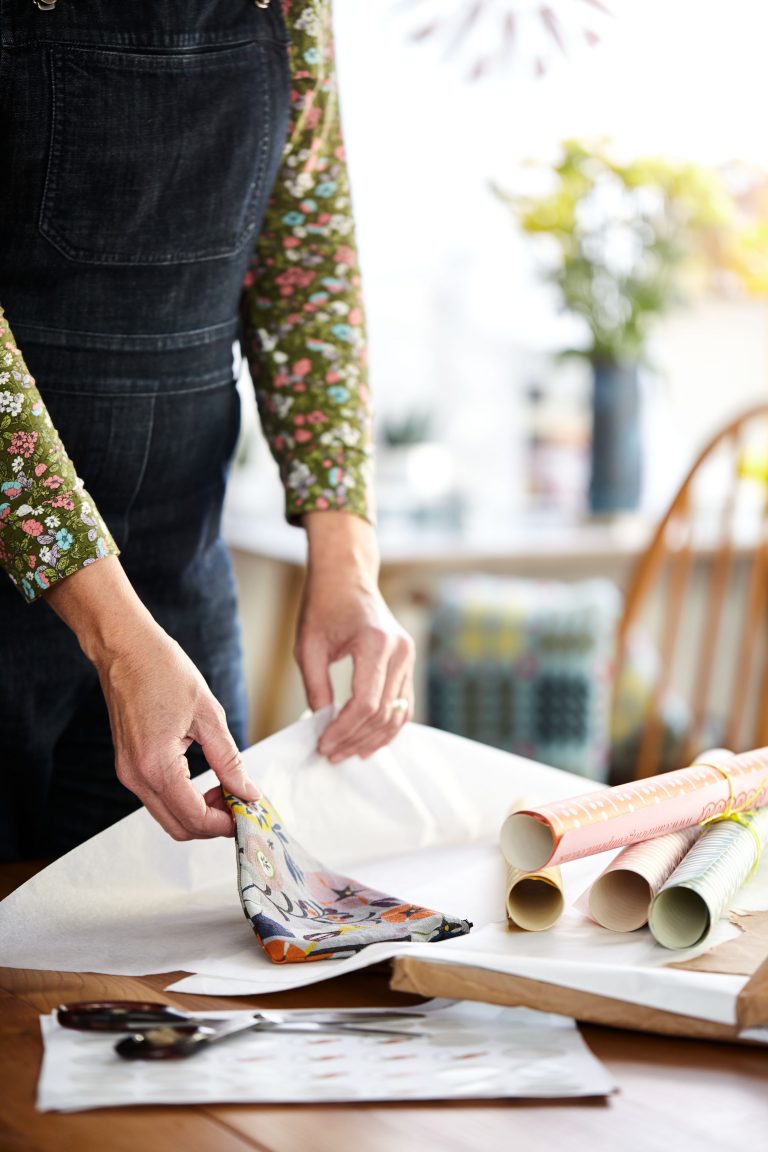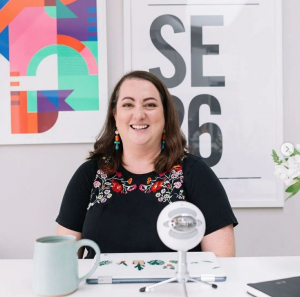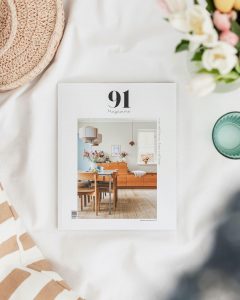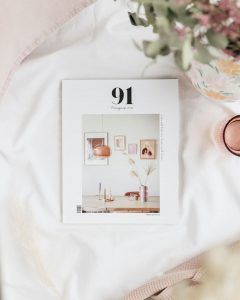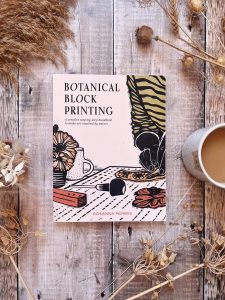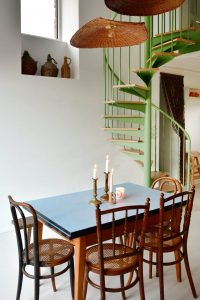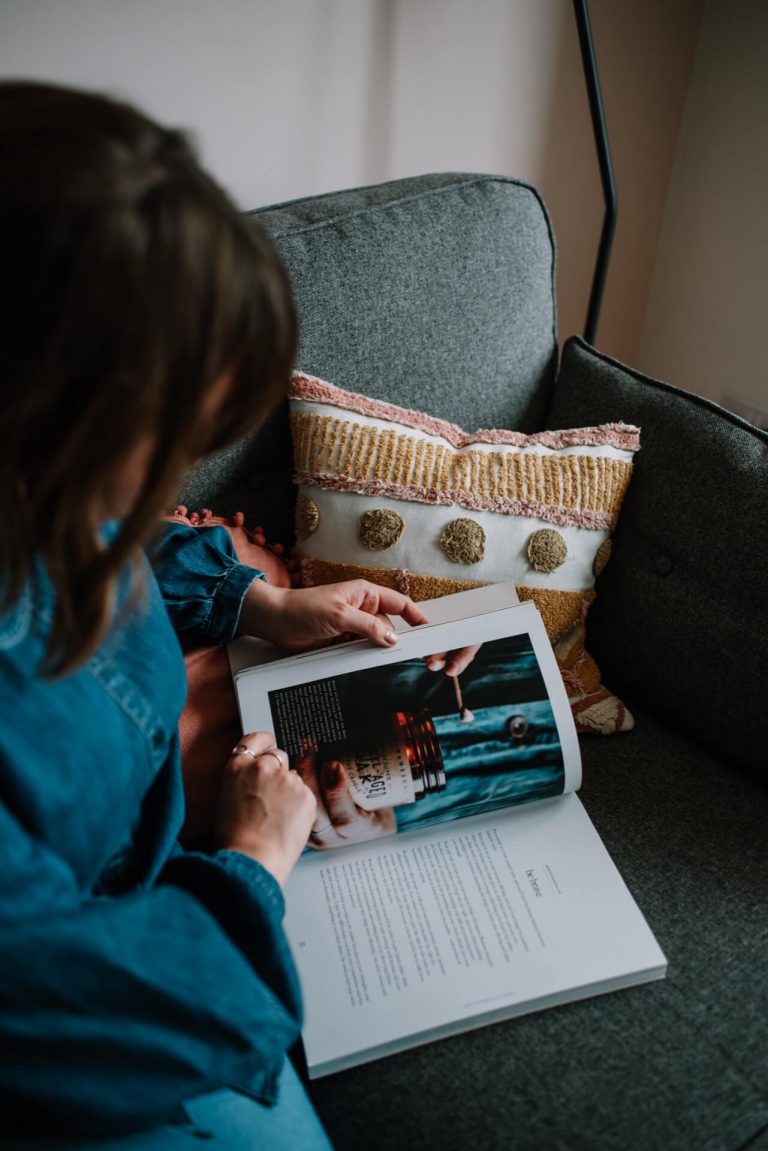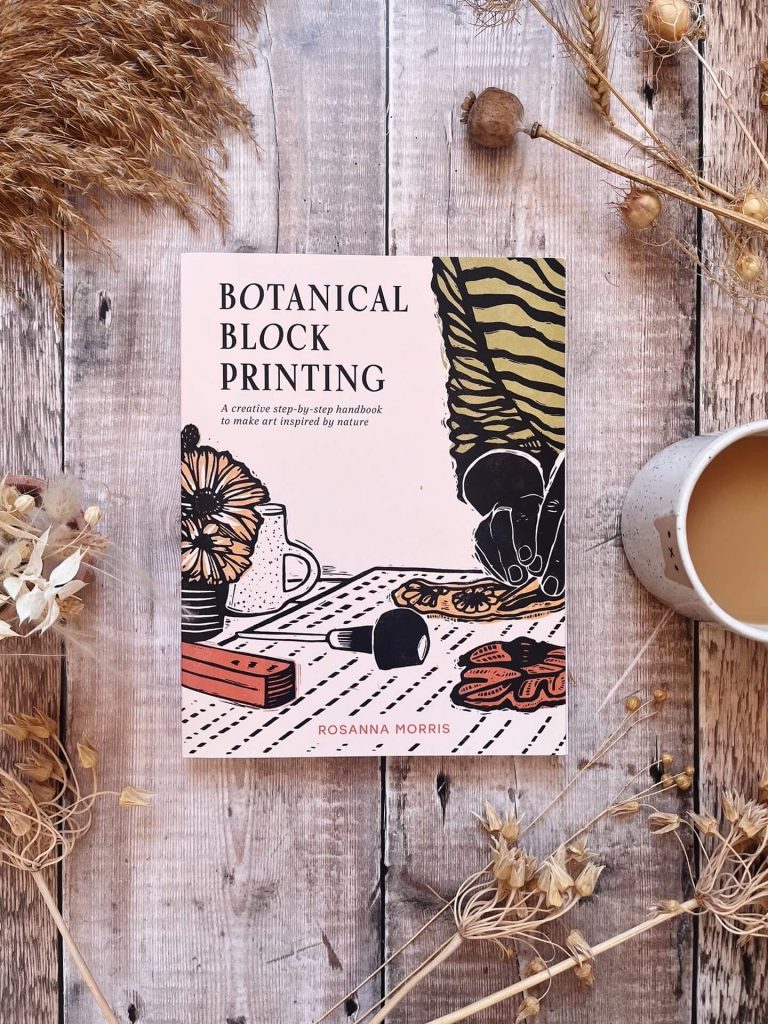If you’re an independent shopkeeper whose ever felt disheartened by the domination of big brands in the retail sector, and wonder how you will ever compete, then read on. Retail Strategist and founder of Future Retail Consulting Catherine Erdly tells us why now is the perfect time to be an independent brand and speaks with four business owners who have not let the big players put them off in following their retail dream…
Another week, another story about the death of the high street. With Amazon continuing its path to world domination, it can feel like a worrying and uncertain time for those of us in the business of selling products. However, looking more deeply into the reasons behind the failure of big retailers shows a different story.
It shows a story of customers waking up to the possibility of something different, something special and something that speaks directly to them. In that way, there has never been a better time to be a creative retail business.
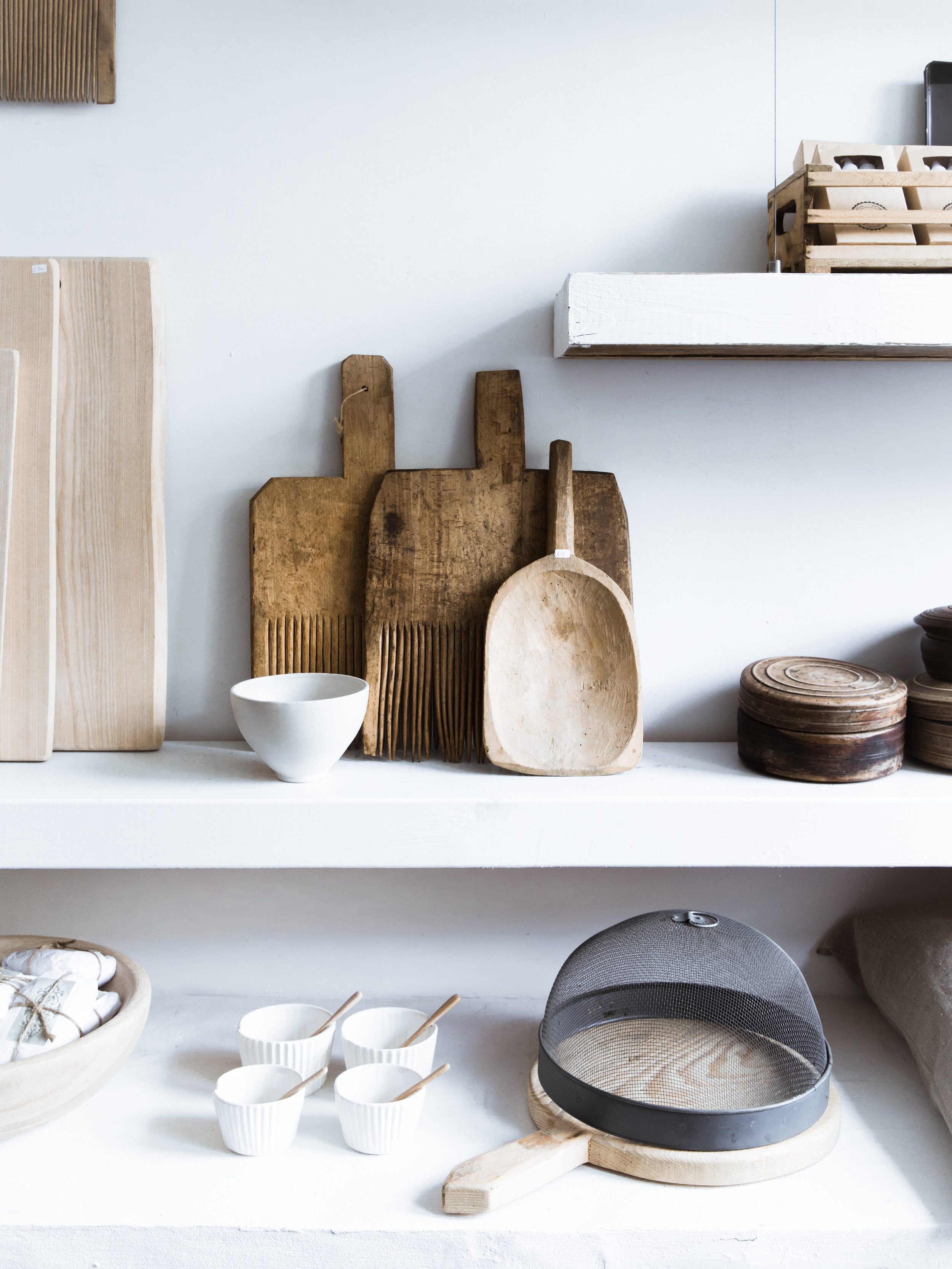
Retail Revolution
Let’s be clear, retail is not dead, but BORING retail is!
In the 80s, 90s and 00s, people were interested in fitting in or “keeping up with the Jones”. Big retailers expanded – convinced that the way to keep growing was to take on more and more store space. Because they were servicing a customer base that was interested in fitting in, they were able to manufacture in bulk. Prices in China were so low that they could achieve huge profit margins to cover their costs. This created large chains with identical stores, full of unadventurous products designed to appeal to as many people as possible.
As consumer behaviour has changed, especially with the growth of online shopping, then these retailers have been slow to catch up. So, when many of them were faced with a customer who no longer wanted something boring and mediocre (BHS anyone?), then they could no longer keep going.
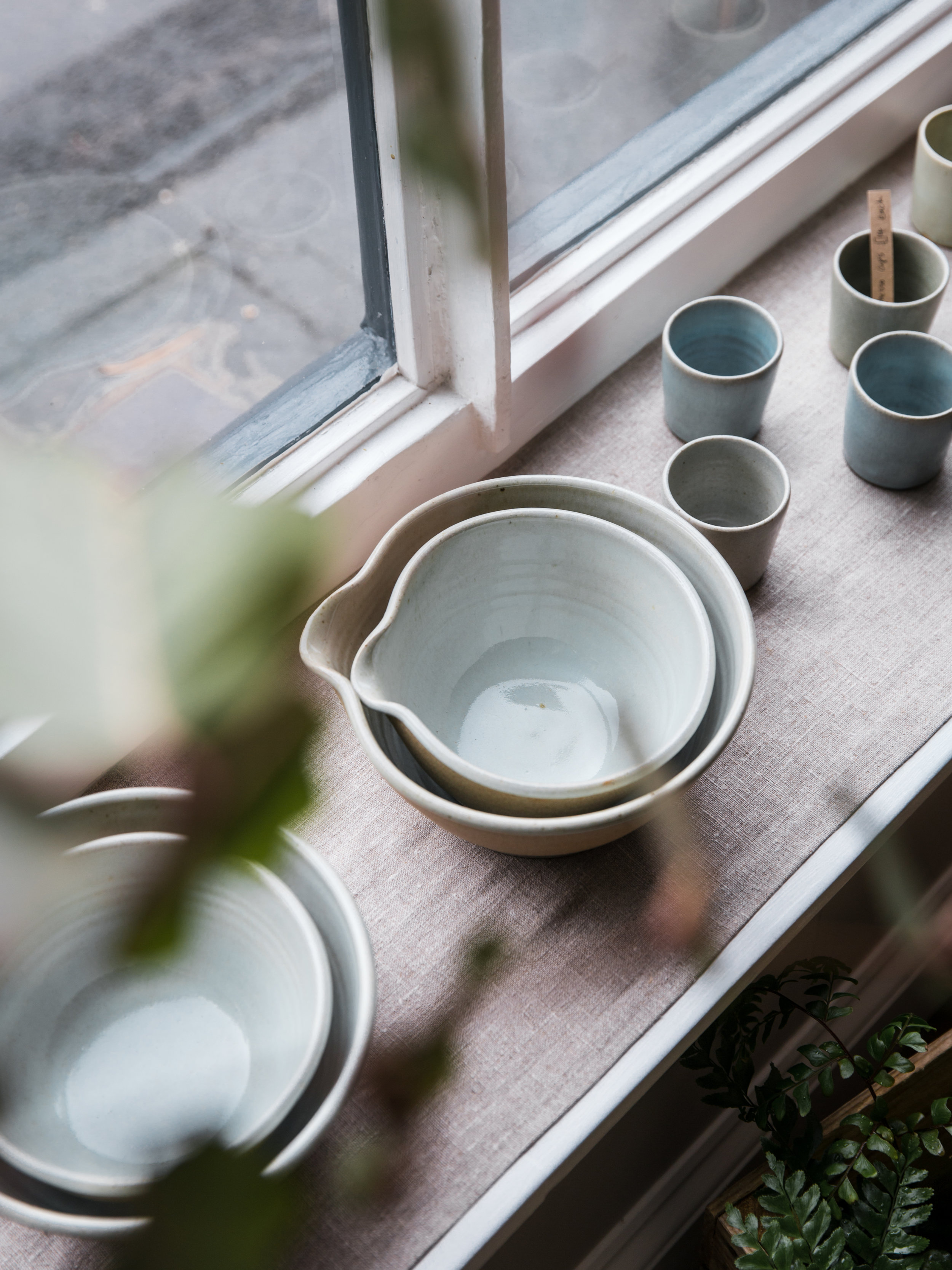
People no longer want “stuff”
Fast forward to 2019, and now not only do people want to stand out instead of fit in, most people are dealing with having far too much stuff in their lives. We want fewer items, but for them to mean more, suit us better and reflect more of our personality.
They want to connect with other people who share their values
More than that, today’s consumer, especially the younger generation, really want to connect with companies that share their values. They are far less interested in faceless corporations and much more interested in seeing the founder on their Insta stories giving a tour of their workspace. They want to buy, and support, businesses that share their beliefs and their world views.
The story of your brand has become one of the most valuable marketing assets for retail businesses in 2019 – but what is Debenhams story? Or Next’s for example?
Conscious consumerism is here to stay
2018 marked a tipping point for public awareness of the environmental impact of modern manufacturing. The move away from single-use plastic and growth in reusable items such as coffee cups is another example of how today’s customer is far more interested in sustainability than ever before.
And this environmental awareness amongst customers is only going to grow. Generation Z, who are rapidly gaining purchasing power as they move into adulthood, tend to be very aware of environmental issues and are even more likely than other age groups to base their purchasing decisions on how products are manufactured.
As the GlobalData report on UK Sustainability in 2019 highlighted, 93.5% of consumers want retailers to act sustainably, and 80% of them feel that retailers are not doing enough. The perfect opportunity for small businesses with a focus on sustainability to shine.
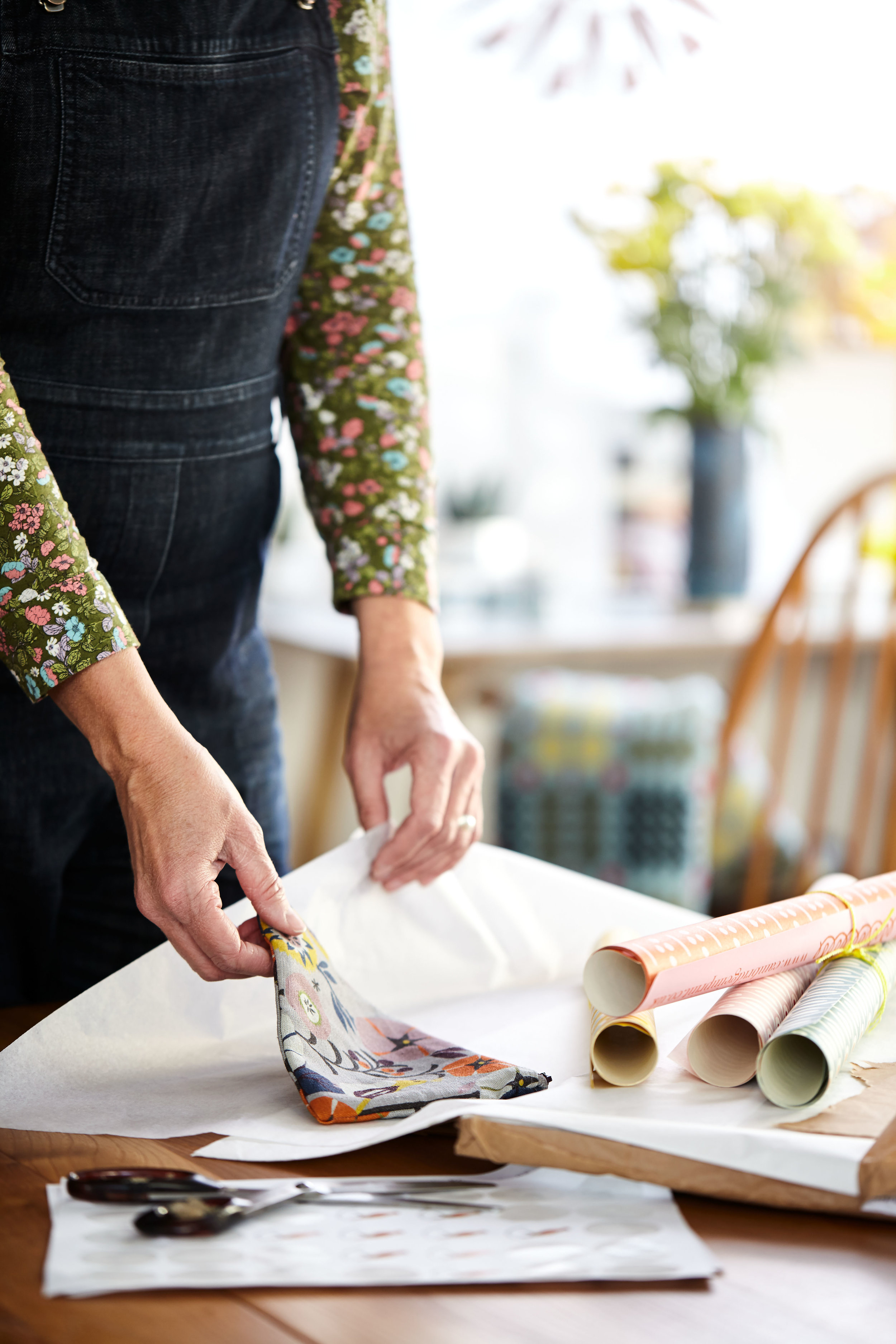
Independent businesses can build a community
So what does all of this mean for independent retailers? Well, as an independent retailer or brand, you are perfectly placed to take advantage of these shifts in buying behaviour. You can relate directly to your customers as a real human being, not a faceless corporation, mainly because it actually IS you talking to the customers, not a marketing department!
You can build relationships with your customers, getting their feedback on new products, understanding what they like and don’t like, and inviting them to be part of your buying process. Above all, you can relate to your customers by sharing your story and your values, and ultimately build a community around you of people who share their world view. Focus not on trying to beat the bigger retailers at their game – no-one will ever be faster than Amazon – but think instead about what you can do that the bigger retailers can’t.
To find out more about how independent businesses can compete successfully against bigger players, we asked four independent businesses to share how they focus on what small businesses do best.
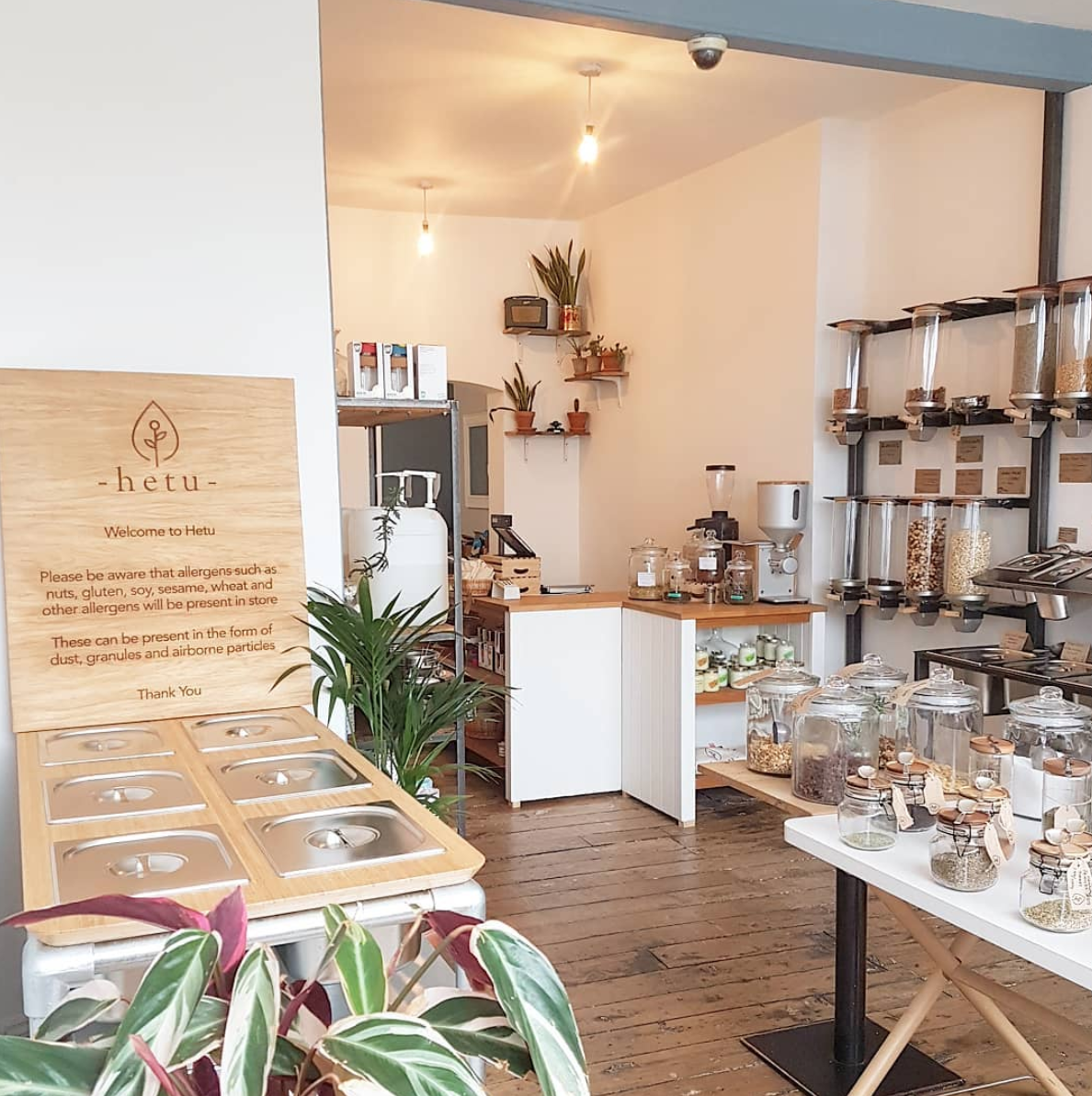
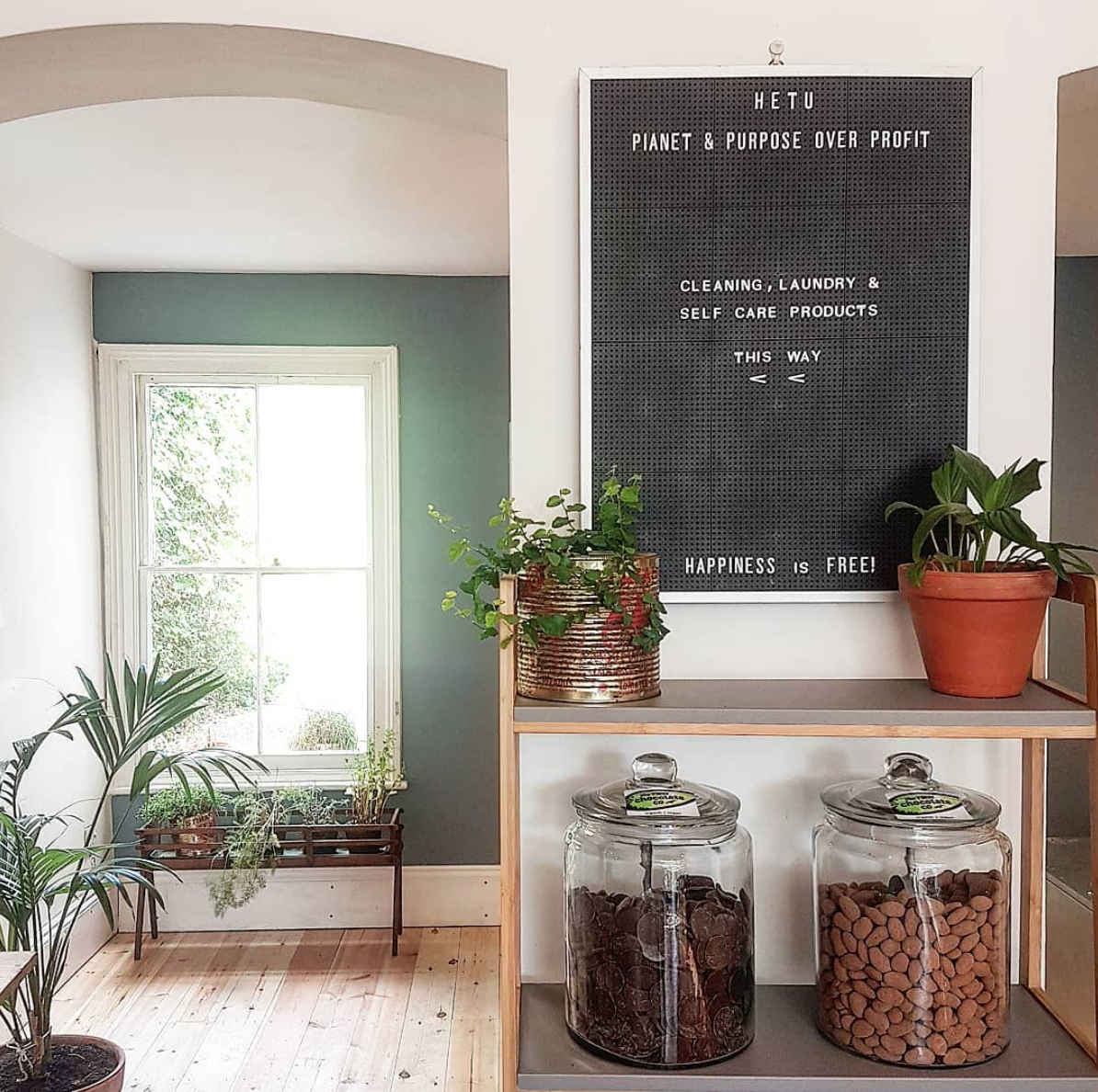
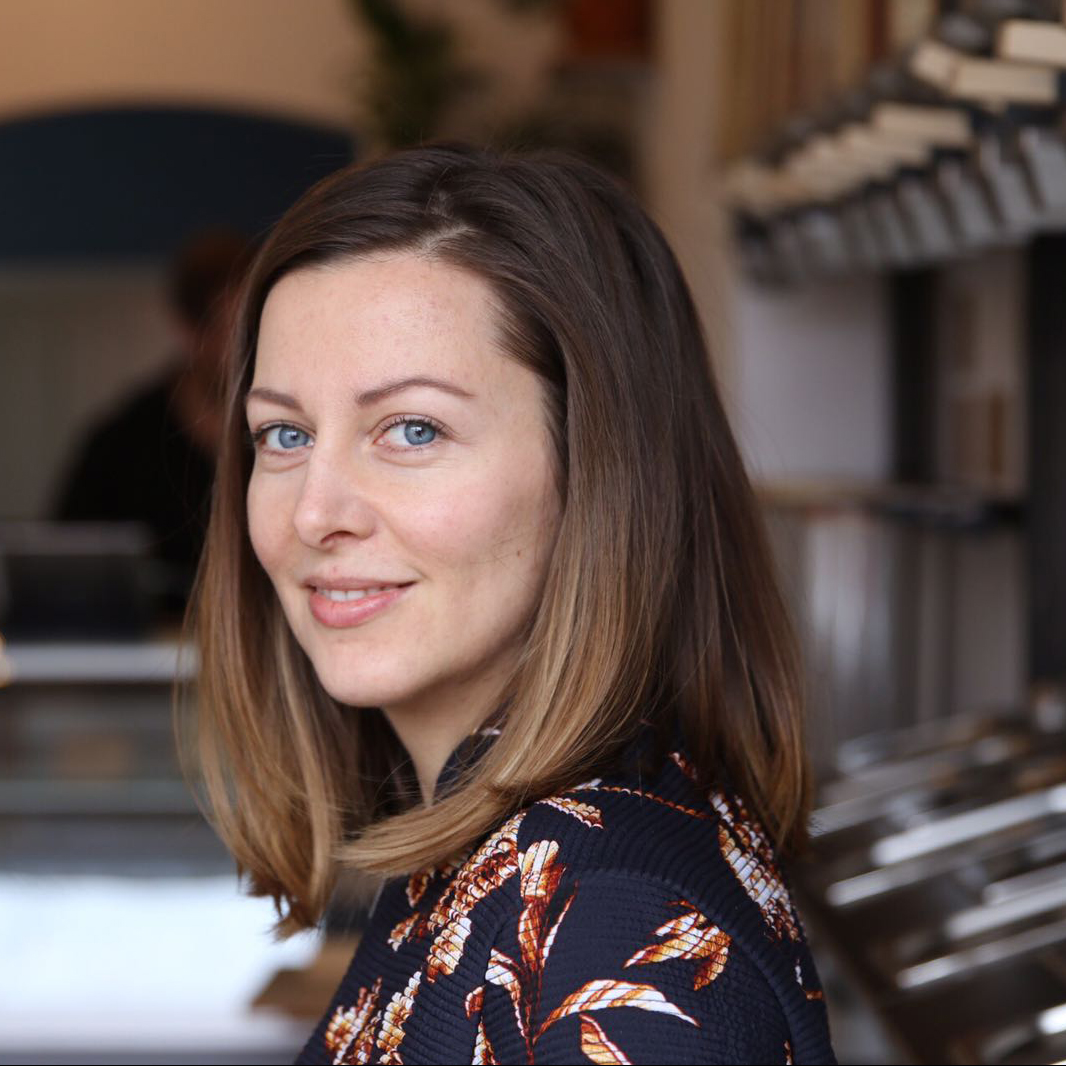
FOOD
Laura Boyes, founder, Hetu Zero Waste Store
Hi Laura, how long have you been running Hetu?
Hetu opened its doors on 3 December 2017 but I was working on it for about 9 months before opening.
What inspired you to start your business?
I was living in Australia which had over 50 zero waste shops, while there were only a handful across the whole of the UK and none in London. At that time I was also looking for a new direction in life. So I decided to return home and open London’s first fully vegan zero waste shop.
What will a customer get from you that they won’t get from a supermarket?
Loads! Our customers get the personal treatment, we know our regulars by name. They get advice and help along their vegan or zero waste journey.
They also know that we have done the research for them and only stock products that meet our strict guidelines. And above all, our customers get to go home with plastic free, vegan and cruelty free products.
Why do you think customers like to shop with independent food stores?
It helps foster a feeling of community. People like knowing that their money isn’t going direct to big corporations and making the rich even richer.
How have you used your physical shop to create a relationship with your customers?
Our customers have become friends, I see them more than I see my own family! Being able to interact with customers face to face means we really truly know them and know what they need. We are always asking for feedback and they know they are part of the shop and its success, not just another customer.
What advice would you give to a small business competing in a category dominated by big players?
Don’t be afraid to stay ‘small’ – scalability does not always means success. Staying small means we can be nimble and change quickly as and when needed. It also means we are able to make decisions based on principles, not on making shareholder profits.
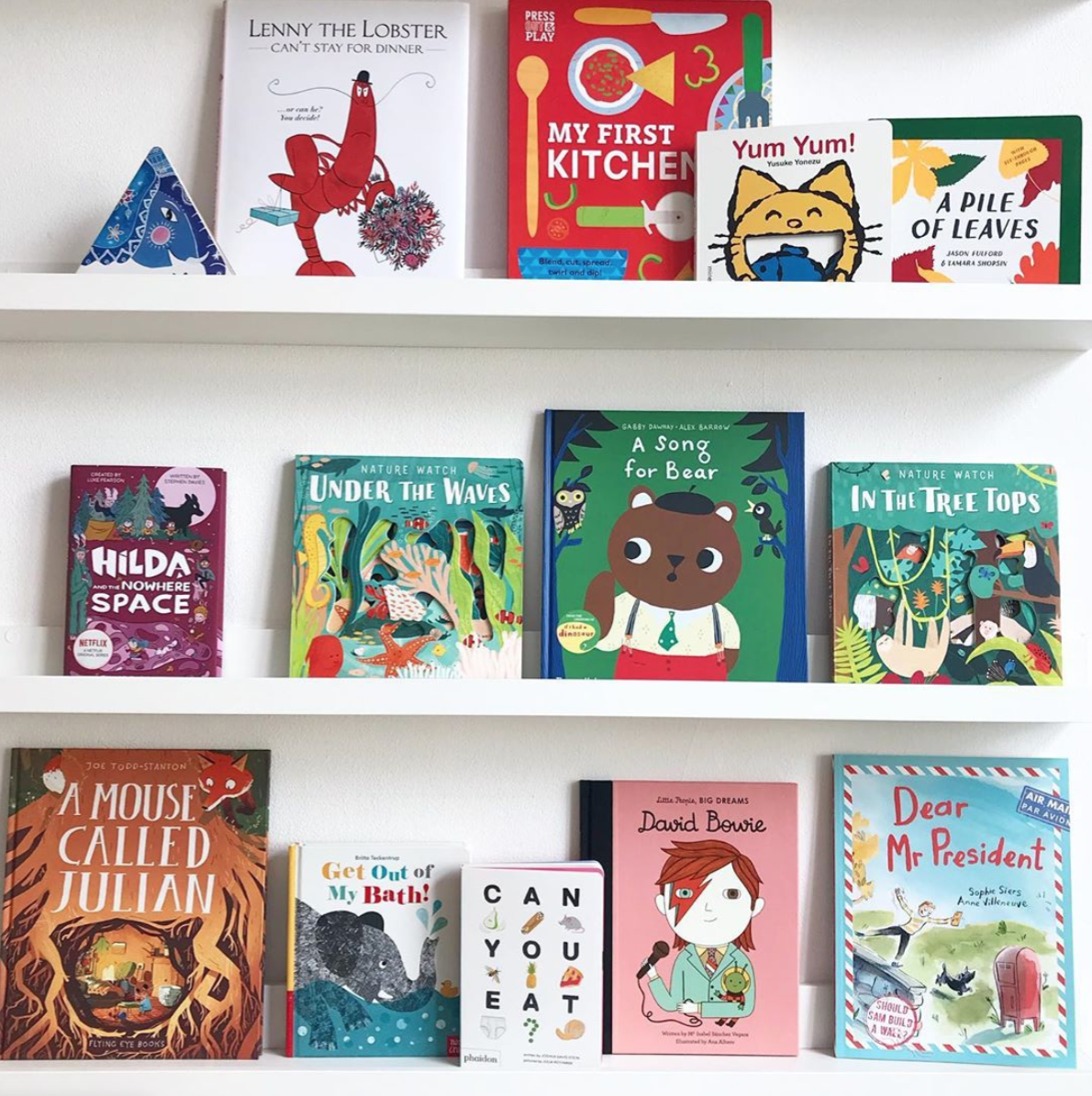
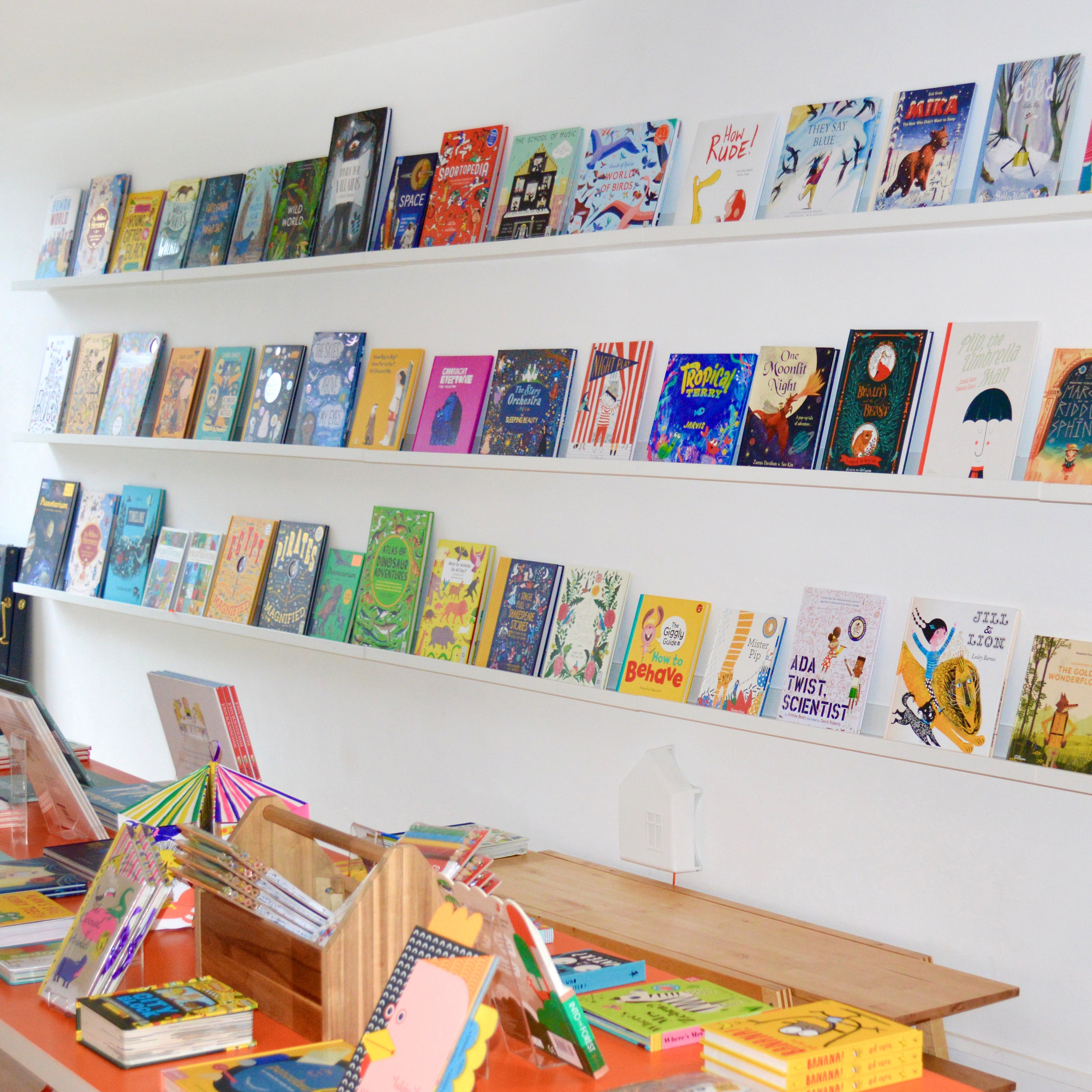
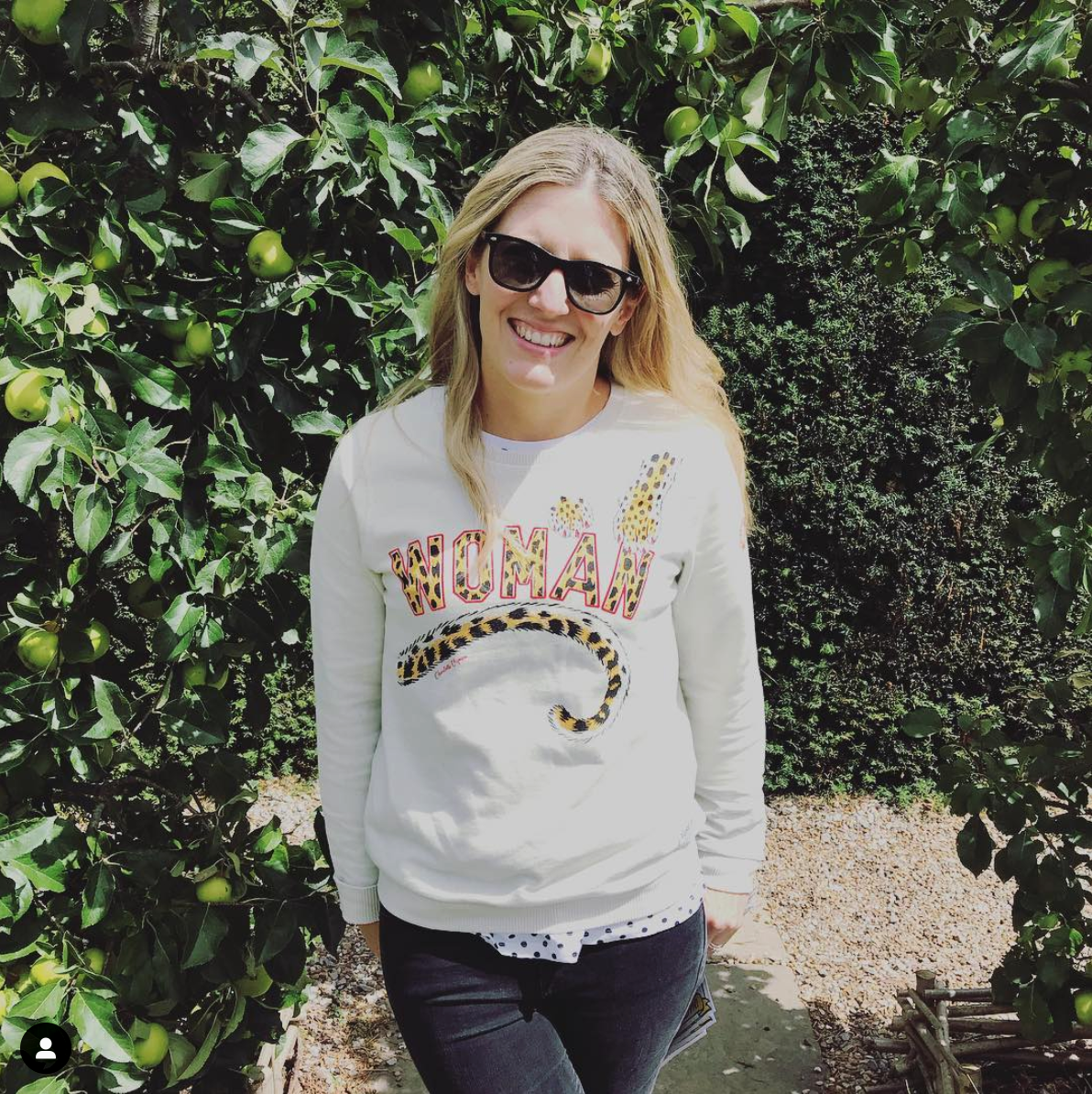
BOOKS
Jenny Thomas, founder, Smallprint Books
Hi Jenny, can you tell us when (and why!) you started Smallprint?
I started the business online in January of 2015 having worked on the concept for 9 months or so. The bricks and mortar shop opened in October 2017. After 2 children, I was ready to throw myself into something new and exciting!
What is the appeal of shopping in an independent bookstore?
Books are magical – they transport you to a new place of possibility and imagination. Shopping with independent bookshops is a special act as you impart some of that magic from the seller to the reader, it’s a lovely exchange of feelings and positivity.
How important has building a community been for your brand?
Hugely important! You are nothing without word of mouth and that has been our number one force to withstand the pressures on small businesses.
Smallprint grew in the early days through community fairs and festivals – speaking to people and hearing their stories about childhood favourites and the power of words and pictures to raise children. Every day someone comes in who has been recommended and that is something I am forever thankful for!
How have you used your bricks and mortar space to grow that community?
We host a series of events in the space we created at the rear of the shop. We have a lively room with beautiful artwork and tipis, cushions and drawing tables. We have a program including dance, music, storytelling and languages as well as craft and story sessions with authors and illustrators. We have great success with regular attendance for these and we keep them free so everyone can access.
What advice would you give when it comes to your competition, who may well be much bigger than you?
Believe in yourself and switch off to the competition! Not everyone wants to give their money to big corporations. Yes it can be disheartening when someone comes and chooses to buy elsewhere, but stay true to your USP and believe in your heart that you are doing something that makes a difference.
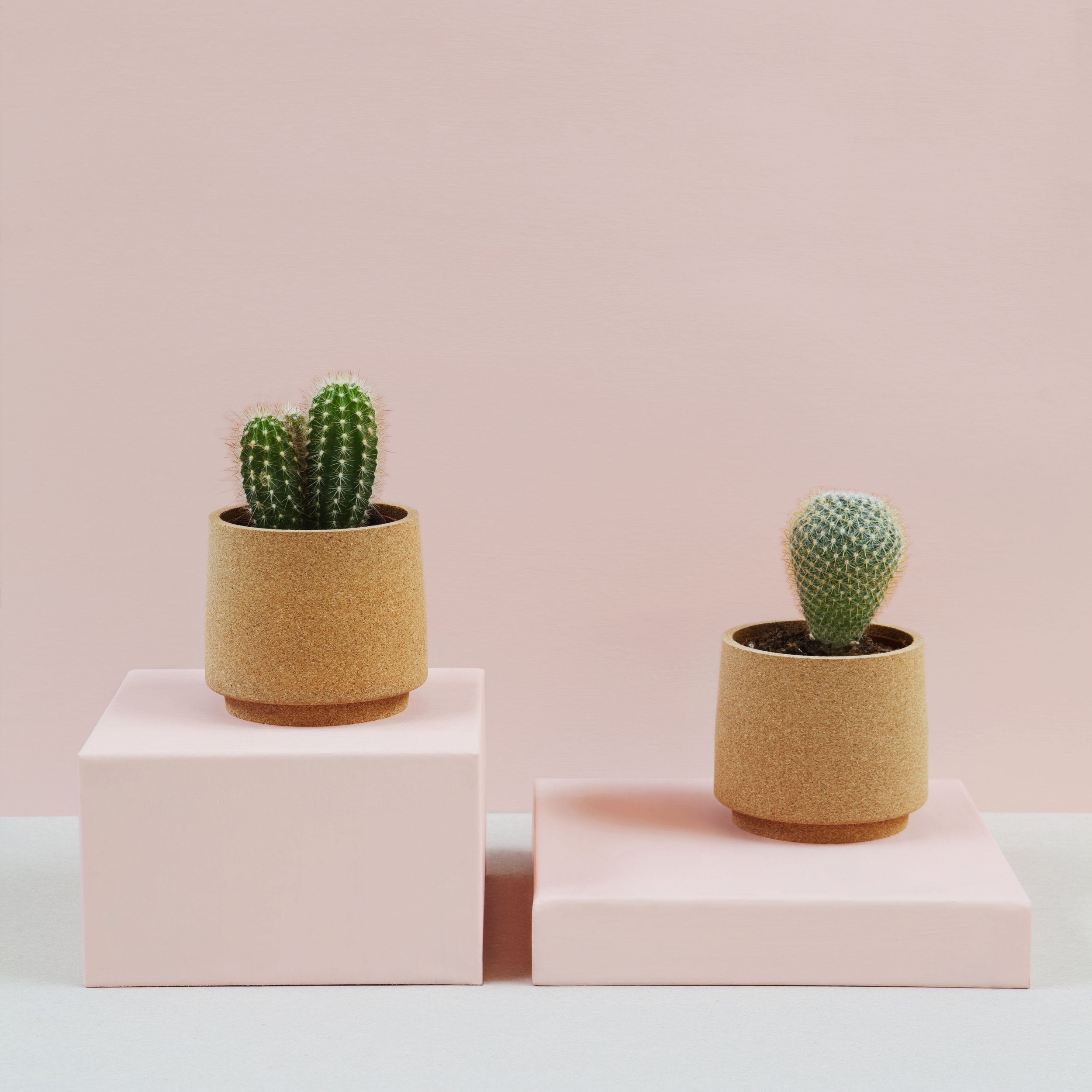
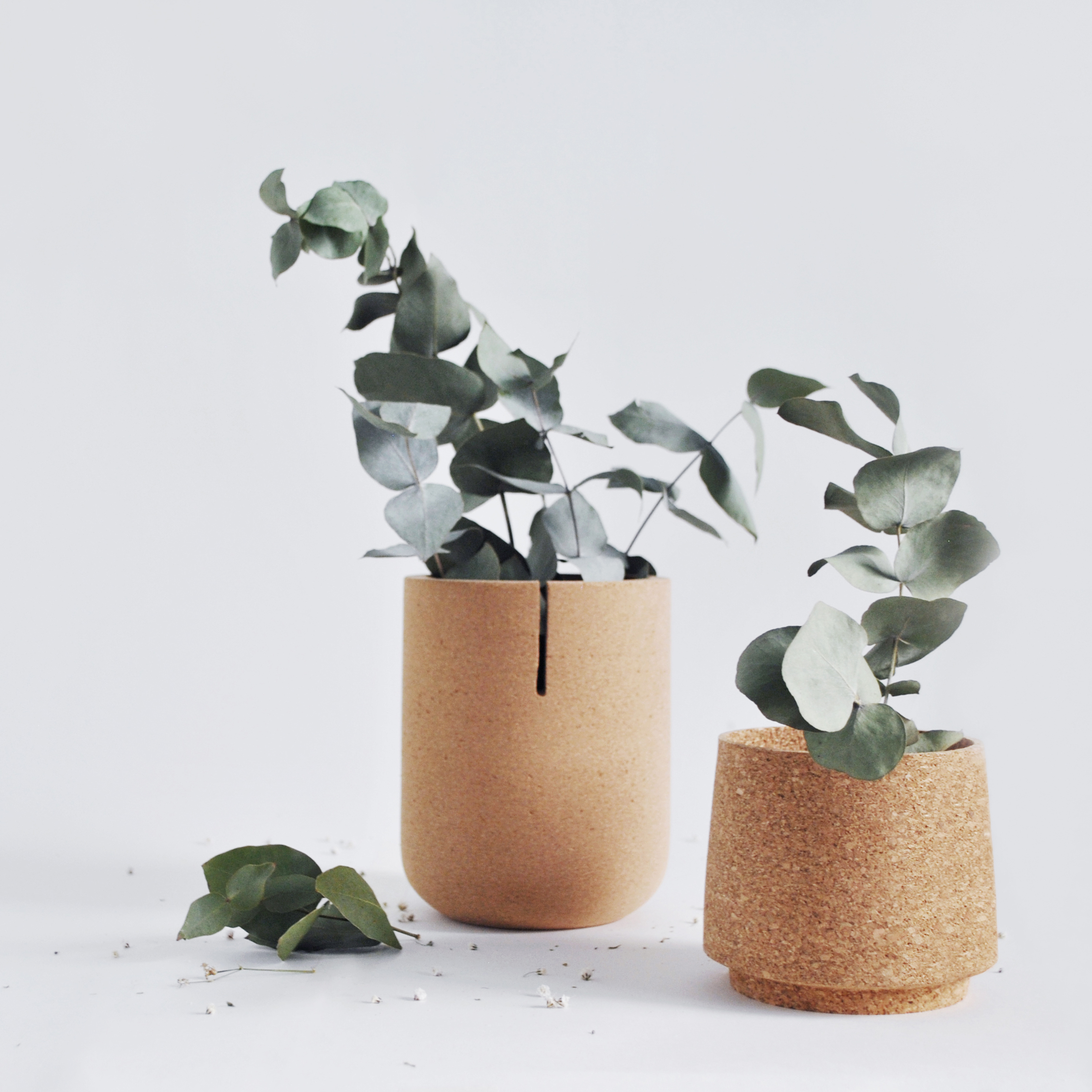
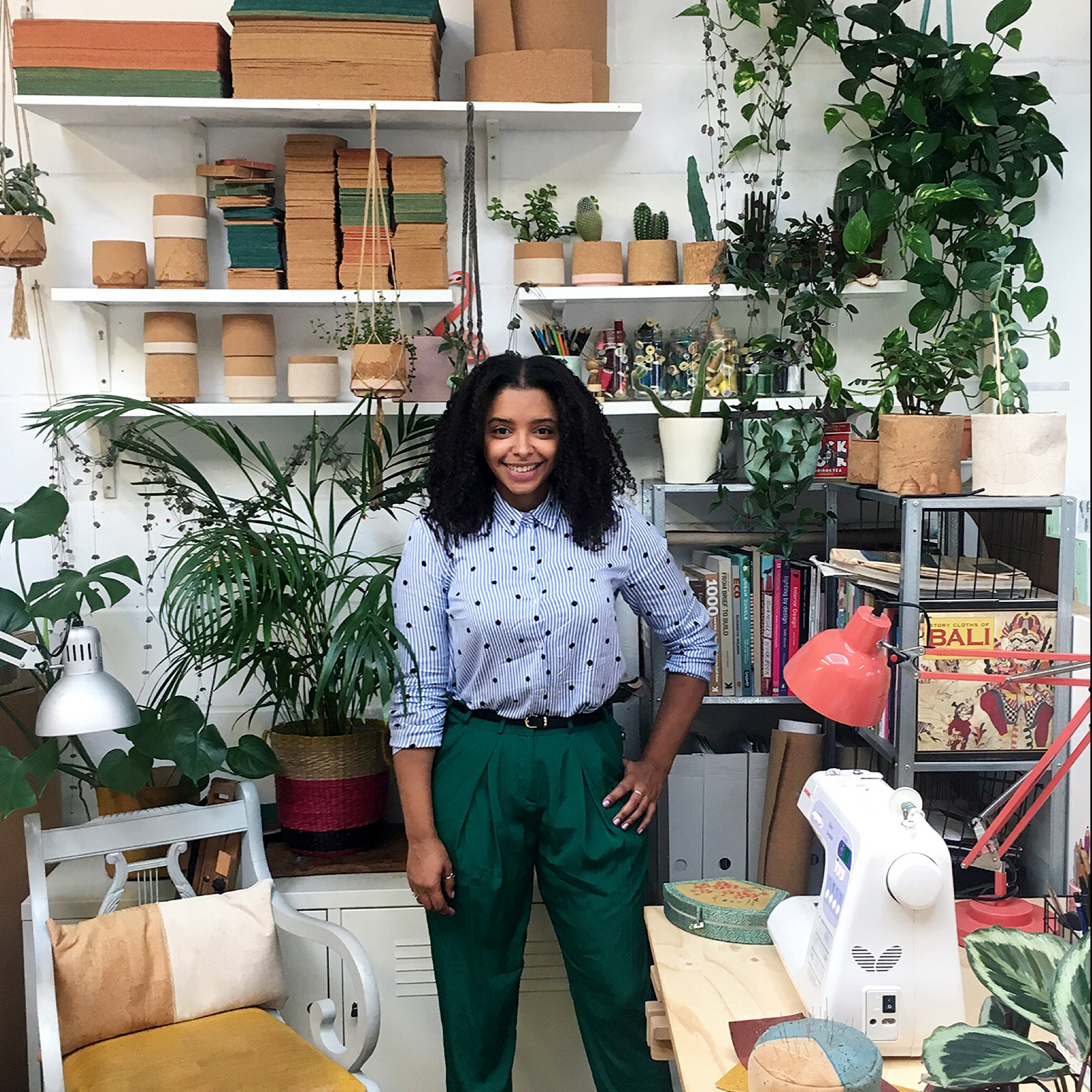
HOMEWARES
Jenny Espirito Santo, founder, Mind The Cork
Thanks for sharing your story with us Jenny! Tell us about your journey so far with Mind The Cork.
I started Mind The Cork on a very part time basis back in 2014. It partly started due to my love of the material – cork is incredibly sustainable. The brand has evolved hugely since that time – and sustainability is becoming even more important for the customer today.
What benefits do your customers get from buying from a small business?
There isn’t anything that we, as customers, don’t already have. So the vast majority of purchasing is not a necessity, everything that people buy is frivolous, in a way.
If you buy from a small business, then you get to be part of something. If you want something bespoke, then a human is able to customise products specifically for you. You can have that “beyond the brand” connection with a real human being who’s behind the products.
How many of your customers come to you because of shared values?
It’s a mixture really. There is definitely a customer who comes to me because of my minimalist, pared down aesthetic. And others, who love the cork leather products I make because they are waterproof and behave like leather, but are completely vegan.
But I’m also very much against mass-production, and I’m constantly looking at ways to improve the design and processes of making the product to reduce my impact. I definitely attract others who share that ethos.
What advice would you give to anyone competing in a niche dominated by larger players?
Don’t try to compete. It’s as simple as that. You have to remember that small businesses, often one person, will never compete with an entire marketing department in a bigger retailer.
What we do have is ourselves, as human beings. Life is about connections. Human to human.
We care about what we are doing, not because we’re in it for the money, but because we are passionate about the design, material and ethos of our business. When people buy from us, they are buying that passion.
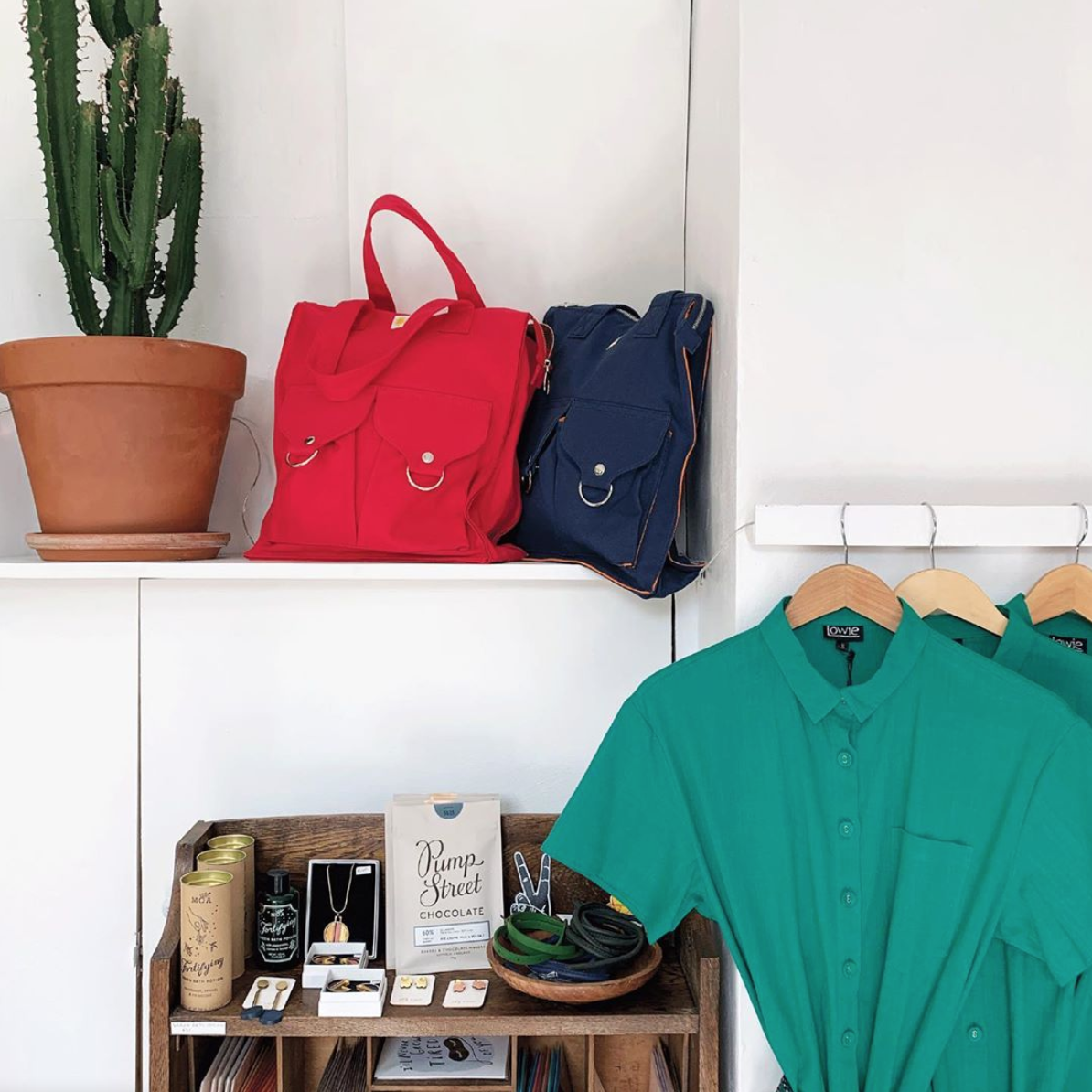
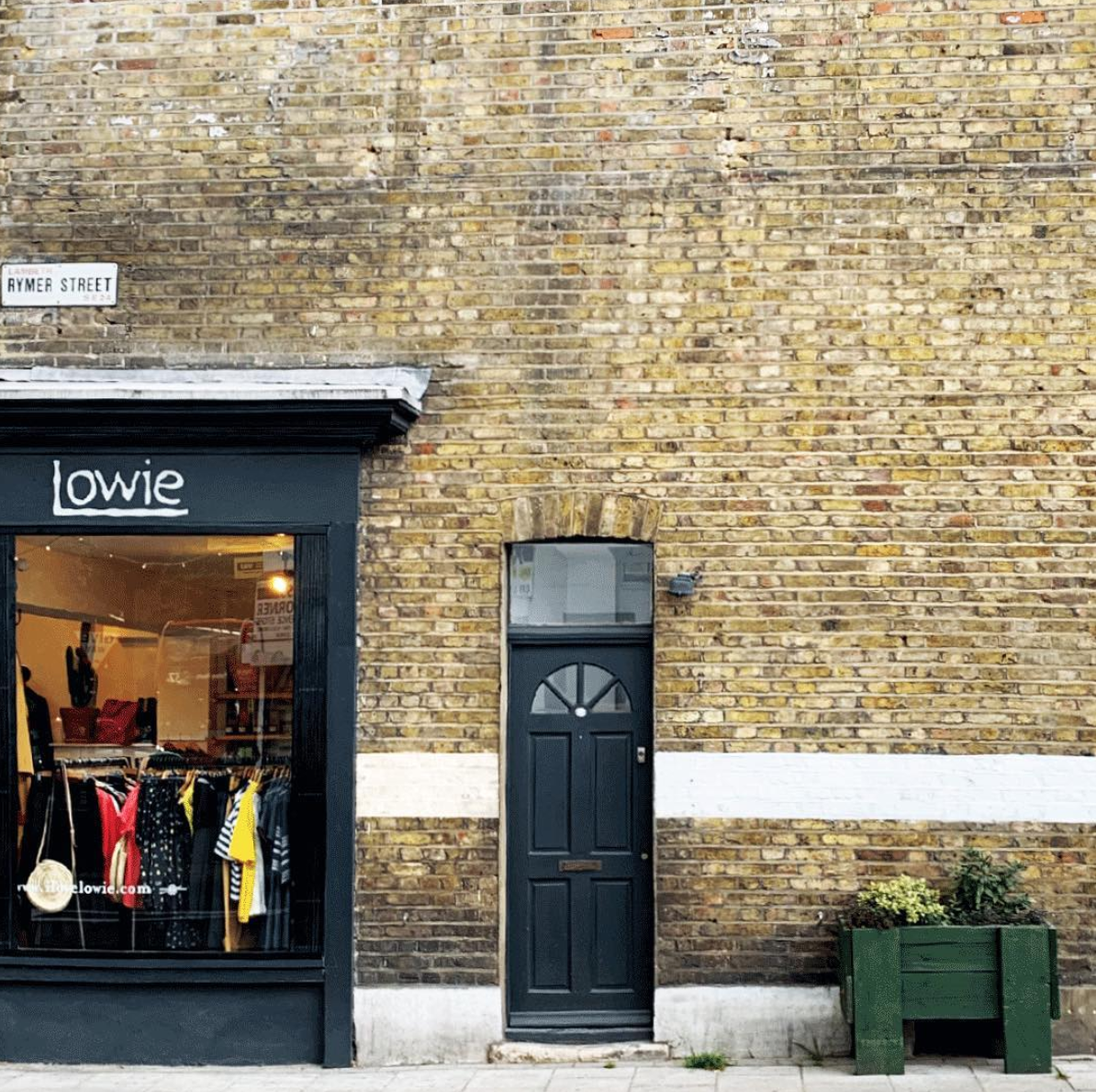
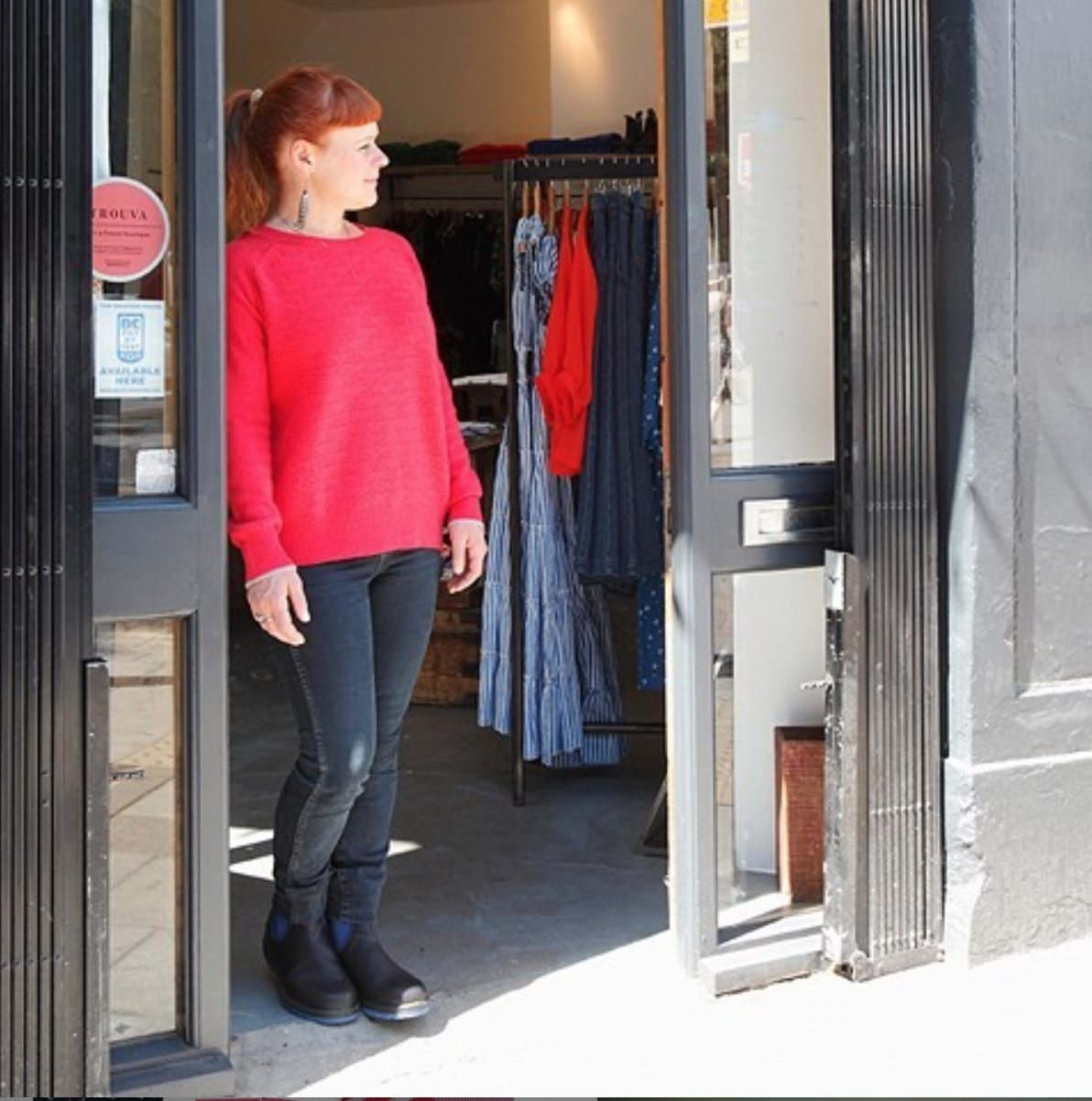
FASHION
Bronwyn Lowenthal, founder, Lowie
Hi Bronwyn, tell us about how Lowie began.
Lowie began life in 2002 when I was travelling in Turkey. I’ve always been fascinated by local handcrafts and I brought back some knitted socks. They were an instant hit and in our first season we were stocked in House of Fraser and Topshop.
We expanded over the years out of knitwear and into other ranges – always produced ethically, and using organic cotton.
Five and a half years ago we opened a shop in Herne Hill in South London, and then two years ago added a second site, also in South London, in Crystal Palace.
Why do customers love to shop with you?
People love to support local businesses. Our customers want something different, unusual and with a story to tell, they don’t want to be wearing the same as everyone else. Also we’re big on colour!
We offer free repairs for life which gives the customers trust in the brand. They know that for us to offer that service, the garments must be high quality and durable.
How does having a physical store help build that relationship?
Having a place where we can talk to our customers definitely helps build trust. We know that 50% of our web orders come from local customers. They know the quality and they’ve seen and touched the clothes and tried them on.
But you can’t just hang clothes on a rail and expect people to buy them. You need to offer an experience – our customers love the personal attention and convenience that comes from shopping at a small boutique close to home.
What advice would you like to share with other small businesses competing against bigger brands?
Hone your offer, make sure it’s unique, so that people have got to have a reason to come to you. There is no point in doing what the high street is doing but charging more money for it.
People love to support small businesses but they won’t spend more money just because you’re small. They need a distinct offer, so the design is really important.
If you are a small retail business and feel you need some help with pointing your business in the right direction, check out Catherine’s website – Future Retail consulting – you’ll find useful blog posts as well as details on her online & IRL workshops and 1-2-1 sessions. Catherine is offering 91 Magazine readers 10% off her one-to-one services booked in the months of June, July and August. Just quote ‘91 Magazine’ when you contact Catherine.
